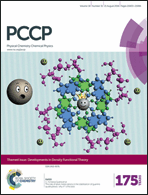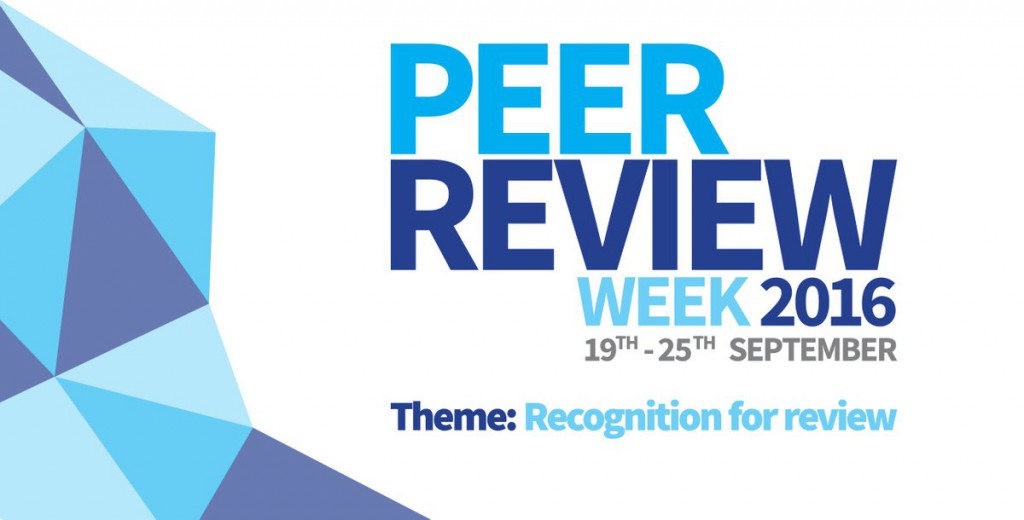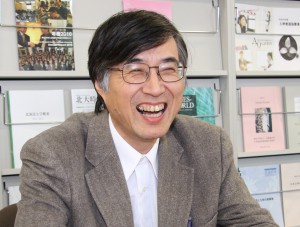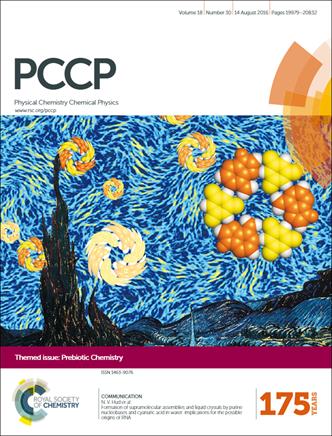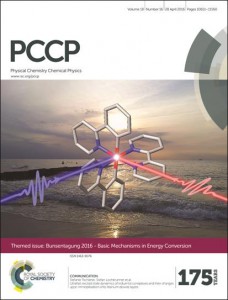We held the 7th UK-Japan Symposium at Burlington House, bringing together 115 scientists from over 40 institutions to discuss fundamental research advances in carbon nanomaterials. These materials have many exciting potential uses, from more efficient energy storage to better drug delivery, but we can only develop these applications if we understand their chemical properties.
 Professor Alexei Kornyshev from Imperial College London said: “Most of the talks were very interesting, and I established a number of new contacts, and perhaps new collaborations will come out of it. The more I deal with Royal Society of Chemistry the more I see what an amazing organization it is. There is no equivalent.”
Professor Alexei Kornyshev from Imperial College London said: “Most of the talks were very interesting, and I established a number of new contacts, and perhaps new collaborations will come out of it. The more I deal with Royal Society of Chemistry the more I see what an amazing organization it is. There is no equivalent.”
As well as more established experts, delegates heard from some rising stars, and over forty early career researchers presented their work during an extended poster session.
Robert Parker, our Chief Executive, said: “I was particularly pleased to see so many early career researchers talking part. Looking at the great work of our poster presenters, I feel very confident about the future of carbon nanomaterials research.”
We held the event in partnership with the Chemical Society of Japan (CSJ). For the first time, we also received support from the Japan Society for the Promotion of Science, allowing us to attract an even wider audience of researchers.
It was followed a reception hosted by the Embassy of Japan to celebrate our close and long-standing partnership with the CSJ, and the even longer history of chemical collaboration between our two countries.
“I very much enjoyed the symposium and would say it was very useful and was more than I expected; the talks were very interesting and inspiring, particularly listening to people who are expert in their areas talking passionately about their work. During the poster session I had the opportunity to interact with people doing related work and I must say the comments I got were very helpful.”
Aminu Rabiu, University of Manchester, Winner of one of the PCCP Poster Prizes
“It is our hope that the symposium will provide a springboard for tomorrow’s activities in this field and contribute to strengthen our friendship. We look forward to continuing our close partnership between CSJ and RSC reflecting our deep and long history.”, said Professor Maruyama on behalf of the Chemical Society of Japan.
Comments Off on 7th UK-Japan Symposium
